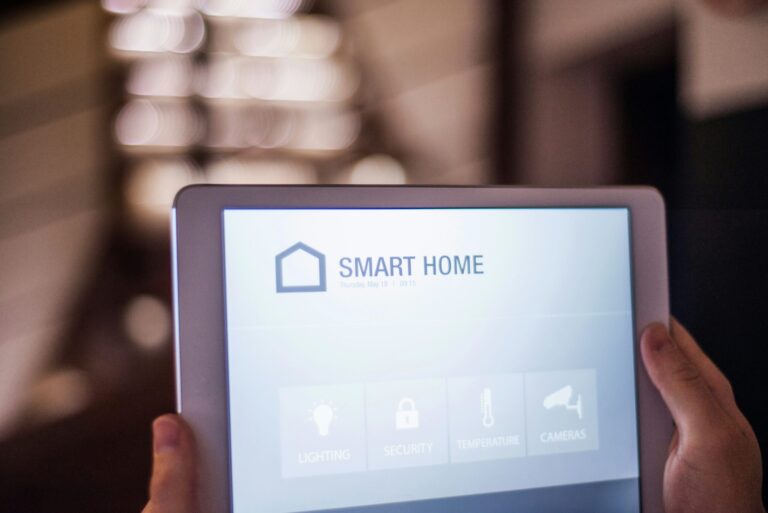As the demand for sustainable living options continues to rise, property managers are increasingly turning to smart home technology to improve energy efficiency and reduce their environmental impact. On March 20, 2023, Nest Labs, a subsidiary of Google, introduced a new Smart Home Sustainability Package specifically designed for rental properties. The package is a comprehensive suite of smart devices aimed at helping landlords and tenants reduce their carbon footprints while simultaneously lowering utility costs.
The Smart Home Sustainability Package
The package includes several popular Nest devices that are designed to enhance the sustainability of rental units:
- Nest Learning Thermostats: These thermostats learn the tenants’ schedule and adjust temperature settings automatically to optimize energy use. They can be controlled remotely through the Google Home app, and they provide energy usage reports to help tenants identify potential savings.
- Nest Protect Smoke Alarms: These smoke alarms not only offer safety features but also help to ensure energy efficiency by detecting potential hazards or malfunctions that could lead to energy waste, such as faulty heating elements.
- Nest Cam Indoor Cameras: These cameras provide security and peace of mind, while also offering features that can help optimize energy usage by detecting occupancy patterns in different rooms.
By linking these devices through the Google Home app, tenants and property managers can remotely monitor and control energy use, adjust settings based on occupancy patterns, weather conditions, and energy consumption, ensuring that energy is used as efficiently as possible.
The Benefits of Smart Home Sustainability for Renters and Landlords
For tenants, the system offers personalized insights into energy consumption, with recommendations for optimizing energy use—such as adjusting thermostat settings during non-peak hours or identifying energy-wasting behaviors. These features not only help lower utility bills but also promote a more environmentally friendly lifestyle, making the property more attractive to eco-conscious renters.
For property owners, adopting smart home technology not only boosts the sustainability of their rental properties but also enhances their appeal in a competitive market. Energy-efficient features are becoming a significant factor in tenants’ decisions, particularly for those who prioritize reducing their environmental impact.
Tom Harris, a property manager in Seattle, shared his perspective on the growing trend: “Sustainability is becoming a bigger factor for tenants when choosing a place to live. With utility prices rising, tenants are seeking energy-efficient solutions that will save them money in the long run. By offering smart home technology, we’re not only attracting these tenants but also providing them with the tools to make their living experience more efficient and sustainable.”
The Future of Smart Homes in Rental Properties
With an increasing focus on sustainability and the adoption of green technologies, the smart home trend in rental properties is expected to gain further momentum in the coming years. As more landlords implement these systems, rental properties will likely see a shift toward energy-efficient, sustainable living options becoming the norm rather than the exception.
This shift aligns with growing consumer demand for eco-friendly living spaces, as renters seek both the financial benefits of lower utility costs and the satisfaction of contributing to environmental sustainability. The use of smart home technologies like Nest’s sustainability package positions property managers and landlords at the forefront of this transformation, offering a competitive edge in the evolving rental market.
Sources:
- Nest Labs Official Announcement: Nest Smart Home Sustainability Package
- The Growing Demand for Sustainable Living: Environmental Impact in Property Rentals
